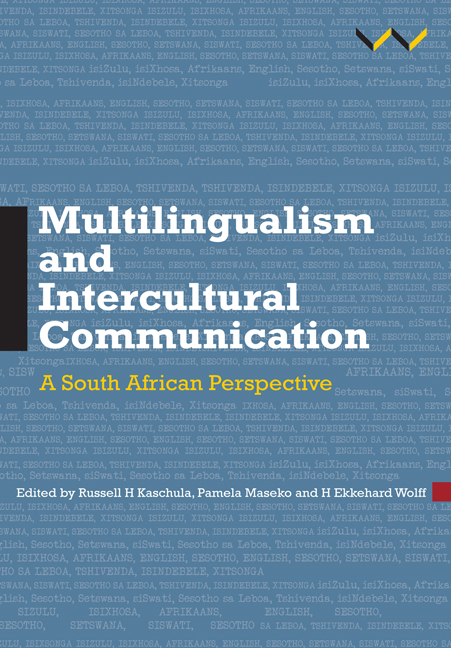Book contents
- Frontmatter
- Contents
- Tables and figures
- Preface
- Abbreviations and acronyms
- Central terms and concepts
- Introduction
- Prologue: The essentialist paradox in intellectual discourse on African languages
- Part One African language empowerment: concept formation and intellectualisation
- Part Two Language planning, terminology development and dictionaries
- Part Three Language in education
- Part Four Language in the professions: law, media, science and language technology
- Part Five Language, culture and intercultural communication
- Acknowledgements
- Contributors
- Index
Preface
Published online by Cambridge University Press: 23 March 2018
- Frontmatter
- Contents
- Tables and figures
- Preface
- Abbreviations and acronyms
- Central terms and concepts
- Introduction
- Prologue: The essentialist paradox in intellectual discourse on African languages
- Part One African language empowerment: concept formation and intellectualisation
- Part Two Language planning, terminology development and dictionaries
- Part Three Language in education
- Part Four Language in the professions: law, media, science and language technology
- Part Five Language, culture and intercultural communication
- Acknowledgements
- Contributors
- Index
Summary
To date no published textbook takes into account the changing sociolinguistic dynamics that have influenced South Africans to view society less as a cross-cultural and more as an intercultural environment. The scope of this book ranges from macro-sociolinguistic questions pertaining to language policies and their implementation (or non-implementation), to micro-sociolinguistic observations of actual language use in verbal interaction, mainly in the multilingual contexts of higher education. What also makes this book unique is that it brings together various interlinked disciplines, such as Sociolinguistics and Applied Language Studies, Media Studies and Journalism, History and Education, Social and Natural Sciences, Law, Human Language Technology, Music, Intercultural Communication and Literary Studies.
With a focus on matching claims with reality, the book offers a critical survey and constructive assessment of South Africa's democratic achievements regarding ethnolinguistic and cultural plurality and diversity since the introduction of majority rule. Given that the contributors represent various fields of academic expertise and practical experience, it is remarkable that there is an unsolicited unanimity in their views on where South Africa stands in the ongoing battle for equity, mutual respect and justice for all, as well as their views on future challenges of societal transformation and how to address them. All contributors appear to share the view that mother-tongue-based multilingual, multiliteracy and multicultural strategies in education, and higher education in particular, would help meet these challenges in South Africa and the African continent. Reflecting robust sociolinguistic and pedagogic underpinnings, such strategies would be supported by putting into practice contemporary human language technology.
The book is written in simple and accessible English and includes multilingual examples to engage students and provide a better understanding of the theory drawn from sociolinguistic textbooks and the work of scholars in Africa, Europe and America. Throughout the book, text that is not in English is italicised. This is a stylistic convention used to avoid confusion and is not intended to ‘other’ any African languages or Afrikaans.
Finally, this book is an intellectual celebration of 20 years of democracy in South Africa.
- Type
- Chapter
- Information
- Multilingualism and Intercultural CommunicationA South African perspective, pp. xiPublisher: Wits University PressPrint publication year: 2017



